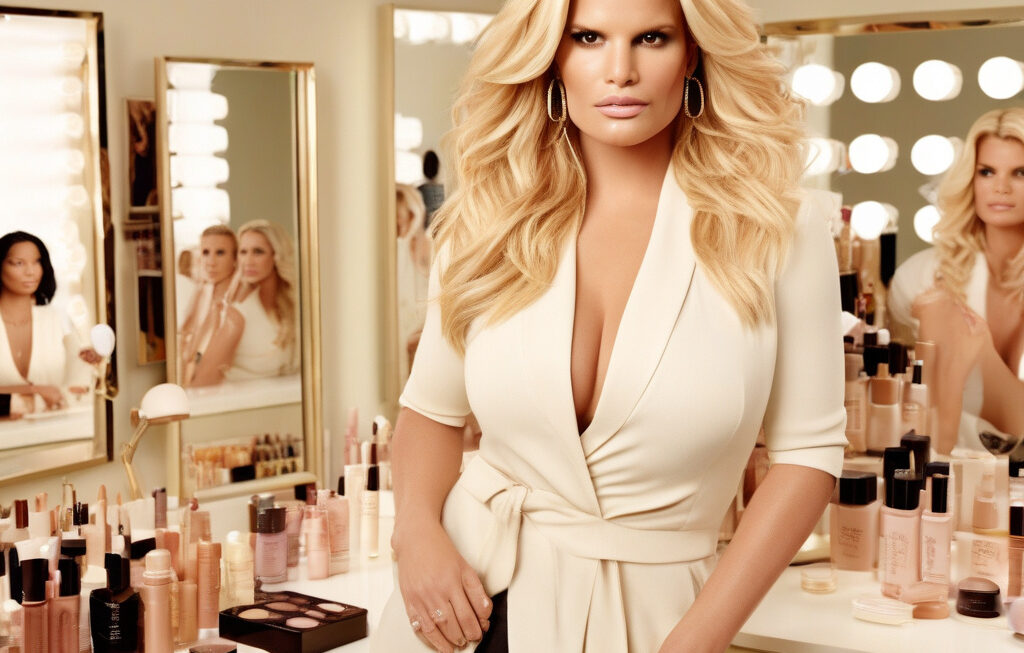Why Sunscreen Launches Keep Missing the Inclusivity Mark
Sunscreen is a staple in skincare routines worldwide, hailed for its protective benefits against harmful UV rays. However, recent launches of so-called ‘universal’ sunscreens have come under fire for their failure to cater to individuals with darker skin tones. This oversight in inclusivity underscores a larger issue within the beauty industry – the lack of diversity and representation in product development.
Many sunscreen brands have marketed their latest products as suitable for all skin tones, touting them as ‘universal’ solutions. Despite these claims, consumers with darker skin have voiced concerns over the white cast and ashy residue left behind by these formulations. This not only poses a cosmetic issue but, more importantly, highlights a gap in the efficacy of these sunscreens for individuals with higher levels of melanin.
The challenge in creating truly inclusive sunscreens lies in the formulation process. Traditional sunscreens often contain mineral UV filters like titanium dioxide and zinc oxide, which can leave a visible residue on darker skin. While chemical UV filters may solve the issue of white cast, they come with their own set of concerns, such as potential skin irritation and environmental harm.
To address this issue, brands must reformulate their sunscreens to be inclusive of all skin tones. This may involve investing in research and development to discover innovative UV filters that are effective yet leave no trace on the skin. Additionally, seeking input from a diverse panel of testers during the product development stage can help identify any shortcomings before the product reaches the market.
One example of a brand that successfully navigated the inclusivity challenge is Fenty Skin, launched by Rihanna. The brand’s Hydra Vizor sunscreen was praised for its lightweight texture and absence of a white cast on all skin tones. By prioritizing inclusivity from the outset, Fenty Skin set a new standard for sunscreen formulations that other brands can aspire to.
In conclusion, the beauty industry has a long way to go in terms of inclusivity, particularly in the sunscreen category. By acknowledging the unique needs of individuals with darker skin tones and taking proactive steps to address them, brands can ensure that their products are truly universal. As consumers become more vocal about the need for diversity and representation, it is in the best interest of brands to listen and adapt accordingly.
sunscreen, inclusivity, skincare, diversity, beautyindustry












